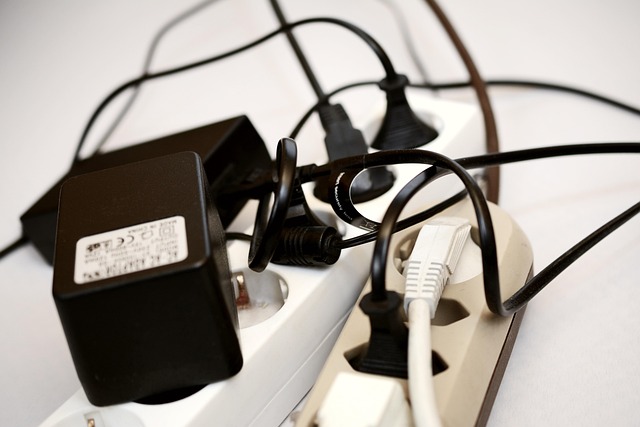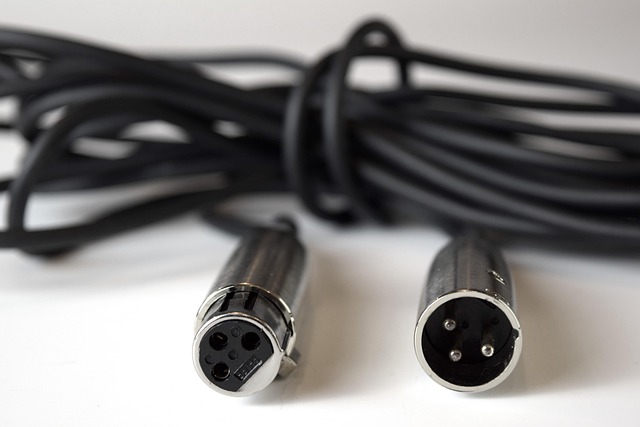The Essential Guide to Cable Certificates: Everything You Need to Know
In today’s fast-paced world, where connectivity is key, understanding the nuances of cable certificates is more important than ever. Whether you’re a DIY enthusiast, a professional installer, or simply someone looking to upgrade your home network, navigating through the jargon can be overwhelming. This essential guide breaks down cable certificates and helps you discover everything you need to know to make informed decisions.
What is a Cable Certificate?
A cable certificate serves as a verification document that assures users of the quality and compliance of cables with industry standards. These certificates confirm that the particular cable has undergone rigorous testing and meets specific performance criteria, ensuring safety and efficiency in various applications. When investing in cables, understanding their certification can save you time, money, and potential headaches in the future.
The Importance of Cable Certification
In a world where the proliferation of technology demands reliable connectivity, having properly certified cables is non-negotiable. Cables that lack certification may not perform optimally and can lead to unexpected failures, downtime, or security issues. This is where the significance of a cable certificate comes into play:
- Quality Assurance: Certified cables are tested for performance and quality, ensuring they can handle the necessary bandwidth and transmission speeds.
- Compliance: Cable certificates prove that the cables meet local and international standards, making them suitable for various applications.
- Reliability: Using certified cables reduces the risk of technical issues, providing peace of mind for both consumers and businesses.
Types of Cable Certificates
There are various types of cable certificates, each applicable to specific types of cables. Understanding these can help choose the right cables for your needs:
1. UL (Underwriter Laboratories)
UL certification is one of the most recognized in the industry. It indicates that the cable has been tested for safety and compliance standards, making it suitable for use in residential and commercial settings.
2. ETL (Electrical Testing Laboratories)
ETL certification also focuses on safety and performance. Cables that receive this certification are also subjected to rigorous testing and have met the necessary requirements for efficiency and reliability in various environments.
3. TIA/EIA Standards
The Telecommunications Industry Association/Electronic Industries Alliance standards are crucial for network cables. Certificates that comply with TIA/EIA standards ensure optimal performance for data transmission, making them a staple in network installations.
How to Identify a Cable Certificate
When shopping for cables, especially online, it’s essential to look for specific markings or labels that indicate certification. Here’s what to look for:
- Emblems or logos of the certifying body, like UL or ETL.
- Certification numbers that can often be verified online.
- Detailed specifications about the cable type, performance characteristics, and compliance standards.
Common Misconceptions about Cable Certificates
Despite their importance, several misconceptions persist regarding cable certificates. Here are some clarifications:
- All cables are the same: Not all cables are created equal; certified cables undergo rigorous testing and offer greater reliability.
- Certification is optional: For critical applications, certification is vital. Non-certified cables may not perform adequately, leading to failures.
- Certification is just a label: It’s more than just a label; it represents quality assurance and compliance with safety standards.
Choosing the Right Cables with Certification
When selecting cables for your setup, always prioritize those with a cable certificate. Assess your requirements, such as data speed, distance, and environment, and consult reliable sources or professionals if needed. Making an informed choice today can pave the way for a seamless and future-proof network.
By understanding cable certificates, you empower yourself to make educated decisions that enhance your connectivity experience. Whether you are setting up a home office, a commercial network, or simply upgrading your entertainment system, knowing the significance of cable certificates will lead to successful and efficient implementations. Embrace the assurance that certified cables bring and enjoy the peace of mind that comes with reliable connectivity.



